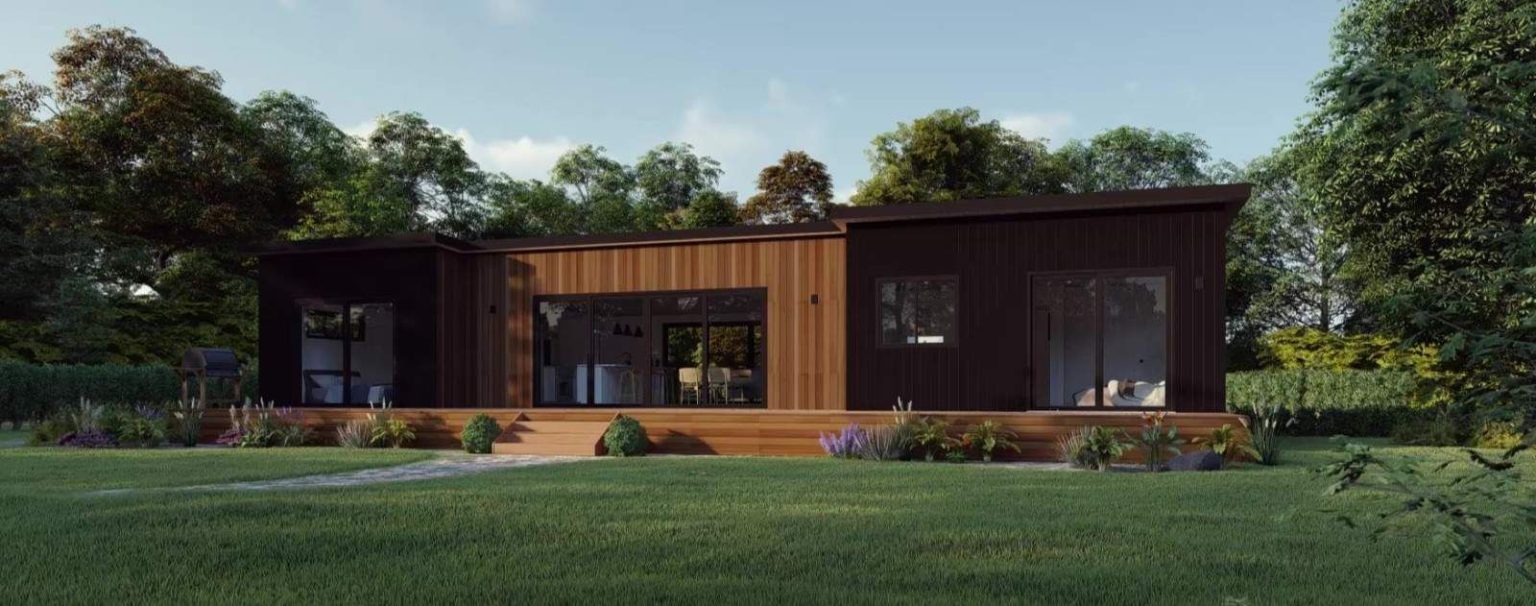When considering housing options in Auckland, buyers and renters often find themselves weighing the pros and cons of relocatable homes auckland versus traditional homes. Both types of residences offer distinct advantages and drawbacks depending on lifestyle, budget, and long-term plans. This article explores the key differences to help you make an informed decision when comparing relocatable homes vs. traditional homes in Auckland.
What Are Relocatable Homes?
Relocatable homes, sometimes referred to as modular or transportable homes, are pre-built structures designed to be moved from one location to another. These homes are often constructed off-site and then transported to their final location, making them a flexible housing solution.
Advantages of Relocatable Homes
- Cost-Effective: Generally, relocatable homes cost less upfront than traditional homes due to streamlined manufacturing processes.
- Flexibility: If your circumstances change, you can move your home to a new location without the need to sell and buy again.
- Speed of Construction: Since they are built off-site, construction time is usually faster compared to traditional building methods.
Challenges of Relocatable Homes
- Design Limitations: They may offer fewer design options or customization compared to traditional homes.
- Resale Value: Relocatable homes might have lower resale value and can be harder to finance with conventional mortgages.
- Land Dependency: You will need a suitable plot of land to place the home, which could add to costs or complicate logistics.
What Are Traditional Homes?
Traditional homes in Auckland are built on-site using conventional construction methods, involving bricks, concrete, timber framing, and other materials. These homes are permanent structures and typically represent the standard way of homeownership in New Zealand.
Advantages of Traditional Homes
- Customization: Homeowners can design their homes with more flexibility, catering to personal preferences and lifestyle needs.
- Higher Resale Value: Traditional homes usually maintain or increase in value over time, making them a solid investment.
- Financing Options: Easier access to mortgages and loans since traditional homes are widely accepted as collateral.
Challenges of Traditional Homes
- Longer Construction Time: Building a traditional home can take several months or even years, depending on the complexity and scale.
- Higher Costs: Labor, materials, and regulatory compliance can make traditional homes more expensive than relocatable options.
- Less Mobility: Once built, traditional homes are fixed to one location and cannot be moved.
Comparing Relocatable Homes vs. Traditional Homes in Auckland: Key Considerations
When comparing relocatable homes vs. traditional homes in Auckland, several factors come into play:
- Budget: Relocatable homes often provide a more affordable entry point into homeownership, ideal for first-time buyers or those with limited funds.
- Lifestyle: If flexibility and mobility are important, relocatable homes offer unique benefits. Conversely, if permanence and long-term investment matter, traditional homes are preferred.
- Location: Availability of land and zoning laws in Auckland can affect the feasibility of placing relocatable homes.
- Timeframe: Those needing a quicker move-in date may benefit from the faster setup of relocatable homes.
Conclusion
Comparing relocatable homes vs. traditional homes in Auckland reveals that each option suits different needs and circumstances. Relocatable homes provide affordability, speed, and flexibility, while traditional homes offer permanence, customization, and better investment potential. Carefully assessing your personal priorities, financial situation, and future plans will help you decide the best path to homeownership in Auckland.

